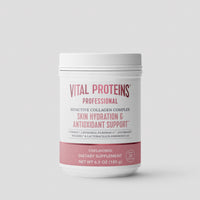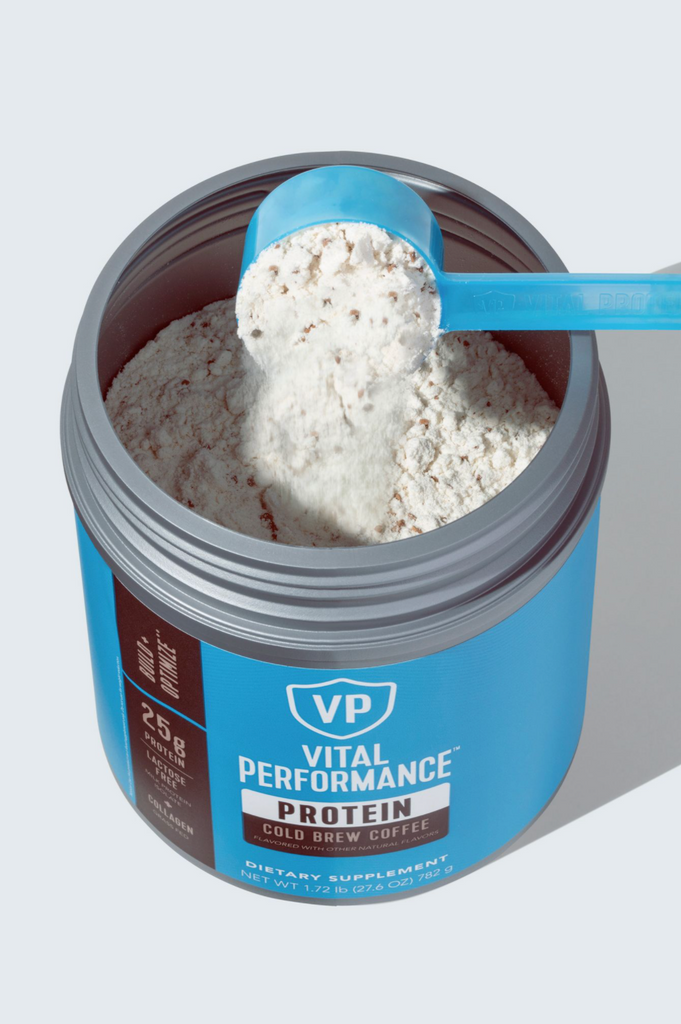Want to make a lactose intolerant person shudder? Say these words: not lactose-free. That's because every glass of milk, scoop of creamy ice cream and piece of cheese comes with a very unpleasant risk.
Or does it?
As it turns out, the majority of the lactose-free world has been misunderstood. Want the real scoop on what lactose-free really means? If so, you're in the right place. Keep reading to see what RDs had to say.
Vital note: This article has been made available for informational and educational purposes only. It is not intended to be a substitute for professional medical advice, diagnosis, or treatment. Always seek the advice of your physician or another qualified health provider with any questions you may have regarding a medical condition. Your licensed healthcare professional can best provide you with the diagnosis and treatment of any medical condition and assist you as well in deciding whether a dietary supplement will be a helpful addition to your regimen.
What does lactose-free mean?
There has been a lot of confusion on what lactose-free means. According toLisa Richards, nutritionist and author ofThe Candida Diet, "lactose is the name given to the specific, naturally-occurring sugar, contained in dairy products." This is otherwise known as "sugar milk."
Wondering how lactose-free products are made? Kristin Gillespie, MS, RD, LD, registered dietitian and consultant for Exercise with Style, breaks this down: "Lactose-free products are made by adding lactase, an enzyme that breaks down lactose." When your body doesn’t have the enzyme lactase, or you lack it in significant amounts, you will have a difficult time digesting lactose.
According toVanessa Phillips, Nutritional Therapy Practitioner at JM Nutrition,this results in some not-so-pleasant digestive symptoms, such as bloating and gas.
Is lactose-free the same as dairy-free?
You'll probably be surprised to learn that the answer to "is lactose-free the same as dairy-free?" is no. "Lactose intolerance is often confused for a milk allergy," Richards tells Lively. "Those who have a cow's milk allergy have a specific negative immune response to the proteins in cow's milk: whey and casein."
She adds that it can actually be a damaging assumption, as lactose-free milk and dairy products often contain the milk proteins these individuals are allergic to.
If you are lactose intolerant, the good news is that you don’t have to give up some of your favorite foods forever. “People who are lactose intolerant might be able to tolerate up to 12g of lactose in a sitting without experiencing the negative side effects," explains Erin Kenney, RD.
What is low-lactose?
"Low-lactose dairy products are those foods that naturally contain less lactose than fresh dairy products," explains Phillips. She adds that low-lactose products come about as a result of processing fresh milk into a finished product.
Foods that are low in lactose
Speaking of foods, "foods that are low in lactose" is a thought that crosses the minds of those who are lactose intolerant. While you may assume that milk and cheese are on the do-not-eat list, you’d be pleasantly surprised.
According to Shannon Henry, RD, swiss, parmesan and cheddar all contain low levels of lactose. You can even indulge in goat or sheep products if you fancy. "Cheese obtained from goat and sheep’s milk includes cottage and feta cheese, which are also low in lactose."
Phillips agrees: "They are made by removing a large portion of the whey, which is the liquid part of dairy in which you'll find most of the milk sugar." Butter is another great example of foods that are low in lactose. Added to this list is probiotic yogurt, heavy cream, milk kefir and some whey protein powders, such as whey protein isolate, according to Phillips.















